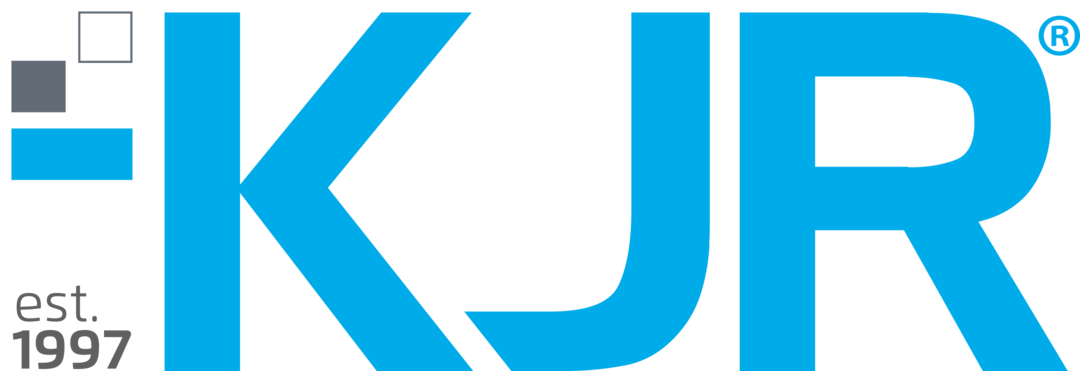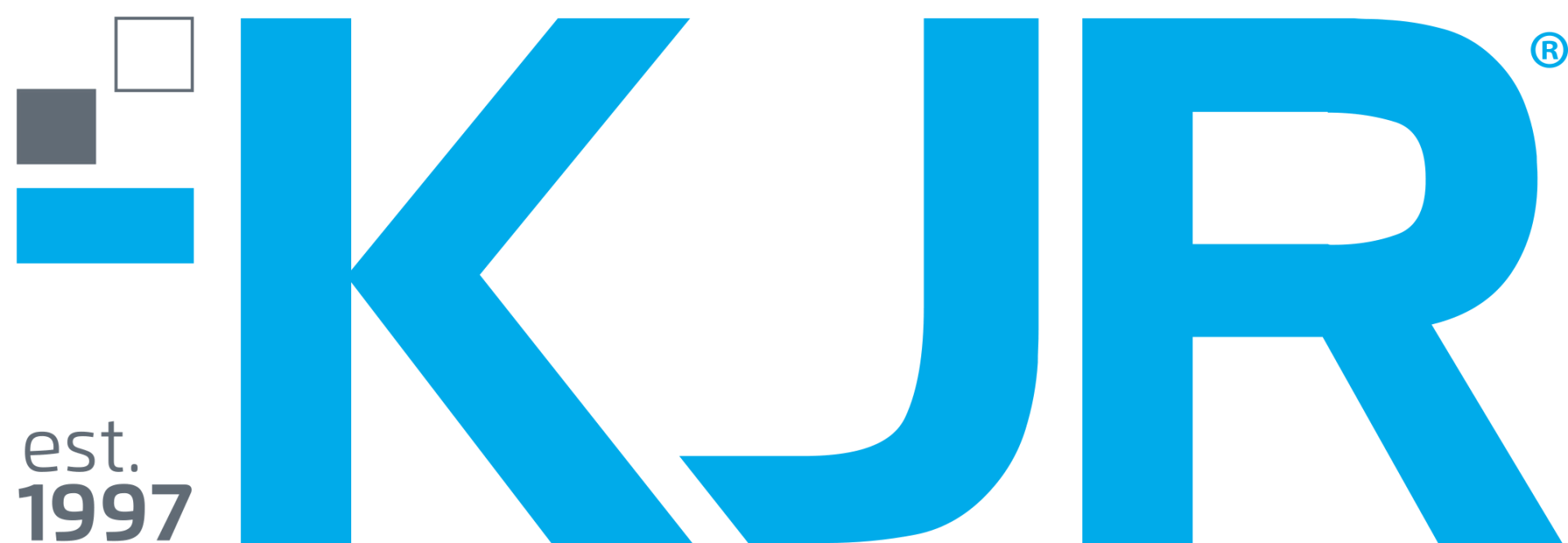This website uses cookies so that we can provide you with the best user experience possible. Cookie information is stored in your browser and performs functions such as recognising you when you return to our website and helping our team to understand which sections of the website you find most interesting and useful.
Defining specific terms
Our website address is https://kjr.com.au
-
- “KJR” means K.J Ross and Associates and any of its associated entities.
-
- “We” and “us” refer to KJR and “our” has a similar meaning.
-
- “Privacy information” includes personal information and sensitive information.
-
- “APPs” refer to the Australian Privacy Principles incorporated in the Privacy Act 1988 (Cth).
1. Purpose of this policy
-
- KJR is subject to the Privacy Act 1988 (Cth) which includes the amendments made by the Privacy Amendment Act 2000 (Cth) and the Privacy Amendment (Enhancing Privacy Protection) Act 2012 (Cth), governing the collection, use, handling and disclosure of personal information. This Privacy Policy is written in accordance with, and conforms to, the APPs.
-
- The KJR Privacy Policy explains in general terms how our organisation protects the privacy of information in compliance with Australian privacy law. Our Privacy Policy lays down the principles by which we collect, store, use and disclose any personal information you provide to us or we collect from other sources. Our Privacy Policy also informs people how they can access their privacy information, correct privacy information held by us and lodge complaints.
-
- Our Privacy Policy does not apply to acts and practices of a KJR entity which relate directly to the employee records of that KJR entity’s current and former employees.
2. How KJR collects your privacy information
We solicit and collect personal information where reasonably necessary for the proper function of our Website.
In all cases KJR collects privacy information by lawful and fair means. In most circumstances, KJR collects your privacy information directly from you. As an example, we may collect privacy information about you when you:
-
- correspond with us via telephone, facsimile, email or letter;
-
- subscribe (electronically or otherwise) to any of our publications;
-
- access and use our website on your device;
-
- provide information solicited by us via a form, registration process or payment;
contact us through the website or social media channels; and contact us in person. Typically, the privacy information we collect about you includes your name, mailing address, telephone number and e-mail address.
Types of personal information we collect may include, without limitation, your name, age, date of birth, email address, photographs, audio and video content, transactional data obtained via third-party payment services, geographical information obtained from your device transmissions, and other user-generated content uploaded to and/or stored on our servers. We may also collect non-personal statistical information, such as analytics and cookies data, IP addresses and the specifications and settings of your devices (such as your preferred language) used to access the website.
Our general policy is to collect privacy information from you directly and not from third parties, but we may do so if a circumstance arises in which it is unreasonable or impracticable to collect information from you directly.
Where such unsolicited information falls outside this reasonable necessity, we endeavour to destroy and/or de-identify the information as soon as practicable.
3. Anonymity and Pseudonymity
While you are permitted to use our website anonymously or pseudonymously, you may only do so insofar as it is practical for the proper function of the website.
4. Notifying you about our collection of your information
When we collect your privacy information from you directly or from a third person we must, if reasonably necessary in the circumstance, ensure you are aware of particular matters associated with our collection of your privacy information.
Our subscription page when you subscribe to our newsletters and alerts contains a “privacy information” clause referring to our Privacy Policy for the purpose of notifying you of all relevant matters about collecting your privacy information.
5. The purpose for which we may collect, hold, use and disclose
KJR collects personal information only where reasonably necessary for one or more of the functions and activities connected to the operations of our business. We collect personal information for the primary purposes of:
-
- providing clients with a service;
-
- considering making offers of employment or for contracted employment purposes;
-
- receiving services provided by you or your employer; and
-
- advising you of industry developments and events and in the conduct of marketing activities.
6. How KJR uses or discloses your information
Generally, KJR uses and discloses privacy information only for the primary purpose for which we collect it. Additionally, we may also use privacy information for a secondary purpose related to a primary purpose for which you would reasonably expect us to use the information, unless an exception applies.
Any personal Information collected of the type described above may be used or disclosed by us for the following primary purposes:
-
- in the course of the regular operation of the website;
-
- to respond to feedback and complaints;
-
- for the development of new services or products;
-
- to better understand user trends and usage patterns;
-
- to improve your overall user experience of our website;
-
- for the enforcement of our Terms and Conditions; and
-
- for direct marketing purposes (see below for more information).
In addition to the abovementioned purposes, your Personal Information may be used or disclosed for any of the Permitted General Situations outlined in s. 16A of the Privacy Act 1988 (Cth), including but not limited to use or disclosure for evidentiary purposes in establishing or defending a legal or equitable claim, serious threats to public health or safety, or assistance in locating missing persons. We may be compelled by operation of law to disclose any information relating to you, including your identity and contact details.
From time-to-time, it may be necessary for us to share your personal information with third parties in order for you to fully utilise our website, including third parties outside Australia. We take reasonable precautionary measures to see that these entities will respect your privacy in line with the APPs or their international equivalent. An example of a precautionary measure is incorporating a confidentiality clause into a contractual agreement to legally protect your privacy information. We may process your personal information on a server outside the country in which you live.
We will not disclose privacy information collected by us to third parties for the purpose of allowing them to direct market any products and services to you.
7. Direct marketing
We may use your personal information to provide you with updates on our industry and information about our services, unless you request not to receive such communications from us. You may also subscribe to our newsletters or industry alerts via our website or direct contact. KJR makes clear that each subscriber is consenting and expects to receive such information from us.
All of our direct marketing communications contain a facility whereby you can opt out of receiving future communications. You may also at any time separately request not to receive direct marketing communications from us. We will comply with all such requests as soon as reasonably possible. Unless you opt out or request not to receive direct marketing communications from us, by continuing to use the website you consent to receiving such marketing communications.
8. KJR’s use of cookies
When you visit our website – kjr.com.au, our server attaches a small data file called a “cookie” to your computer’s memory. Cookies are pieces of information that may be transferred to your computer’s memory when you visit a website for record keeping purposes. Most web browsers are set by default to accept cookies. If you do not wish to receive any cookies from us, you should set your web browser to refuse/ disable cookies.
At KJR, we use cookies to provide us with aggregate (anonymous) information on how people use our website, and to help us to know what they find interesting and useful on our website. We do not link this information to your identity or to any other information provided by you. There is no information identifying you stored inside any cookies.
9. Collection of anonymous information via our website
As most website owners and operators do, KJR tracks usage patterns on our website on an anonymous aggregate basis. Each time you visit our website – kjr.com.au, a web server makes a record of your visit.
Specifically, it records your:
-
- Internet Service Provider;
-
- date and time of your visit;
-
- pages accessed and the documents downloaded;
-
- search items entered; and
-
- referring URLs (universal locators).
10. External websites
This privacy policy applies solely to information collected with regard to our website. We take no responsibility for the collection of information and/or privacy practices of any third party websites or websites that may be accessible via a hyperlink or third party advertisement on the website.
11. Information about other people that you provide to KJR
If you or your organisation is subject to privacy laws and you provide information to KJR about someone else (such as directors or employees of your organisation), you must ensure that you are entitled to disclose that information under the APPs, without KJR taking further steps to make sure your disclosure is compliant.
As an example, you may be covered by a permitted general situation – an exception to the general obligation to not disclose personal information for a secondary purpose. You should familiarise yourself with these circumstances to know when you do not need consent to disclose, such as the exception that allows a disclosure that is reasonably necessary for the establishment of a legal claim. In other cases, you must gain consent of the individual whose information is being disclosed.
12. Maintaining currency of your information
KJR commits to ensuring that all reasonable procedures are followed to ensure your privacy information is accurate, complete, and up to date whenever we collect or use it. If we believe the information we hold is inaccurate, out-of-date, irrelevant, incomplete or misleading, we will take steps to correct the information.
We may take steps to destroy or permanently de-identify information when it is no longer needed for any purpose for which it may be used or disclosed. We may retain and use de-identified information or statistical data collected, including in the event that you cease to use the Website.
If you suspect that any of your privacy information held by KJR is inaccurate, out-of-date, irrelevant, incomplete or misleading, please contact us immediately and we will take all reasonable steps to correct any such information within a reasonable time, at no expense to you. If we cannot resolve the issue in a reasonable time, we will either give you an explanation as to why or discuss alternative courses of action.
13. How KJR secures your privacy information
Your privacy information may be stored by us either in hard copy documents or as electronic data in our information technology systems. KJR maintains a high level of physical security over our hard copy and electronic data stores and premises, such as locks, alarms and barrier systems.
We have developed specific policies governing information security in respect of local and remote systems access, including passwords and authentication devices for corporate and personal email, internet browsing, use of laptops and mobile and tablet devices. Access to USB, CD & DVD devices is controlled and audited.
14. Transfer in certain circumstances
If there is a sale, merger, consolidation, change in control, transfer of substantial assets, reorganisation or liquidation of KJR then, in our sole discretion, we may transfer, sell or assign personal information collected to one or more relevant third parties.
15. Gaining access to privacy information held by KJR
You are entitled at any time, upon request, to access your privacy information held by us. We will respond within a reasonable time after the request is made and give access to the information in the manner requested by you, unless it is impracticable to do so.
Should access to any privacy information be refused, KJR will explain the reasons for refusal, and inform you of any exceptions under the Privacy Act relied upon as the basis for such a refusal.
16. Making a complaint
Should you wish to complain about a potential breach of this Privacy Policy or the APPs please contact our Privacy Officer.
The Privacy Officer will make good faith efforts to rectify the issue and respond within a reasonable period after the complaint is made.
17. Contacting us
Should you wish to make any query related to your privacy information held by KJR or our privacy policy, please contact our Operations Manager:
info@kjr.com.au
1300 854 063











